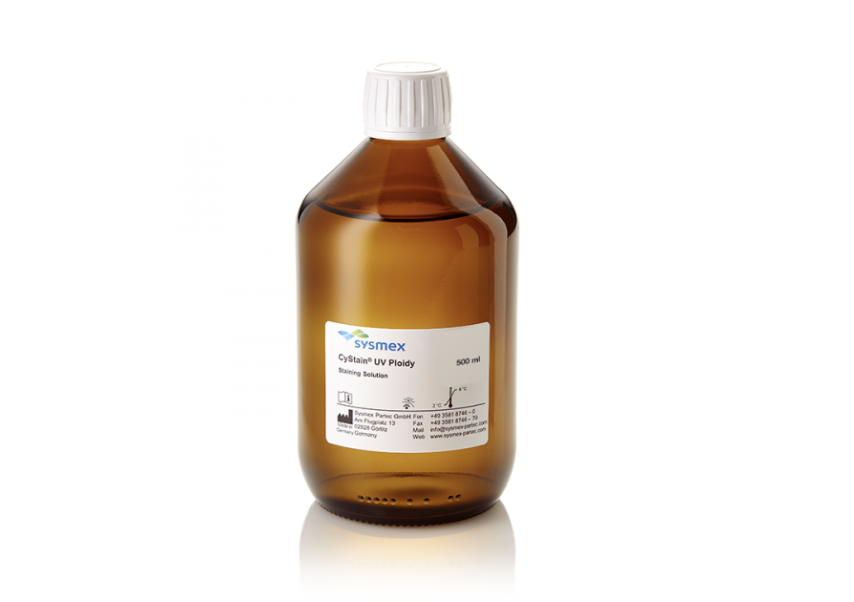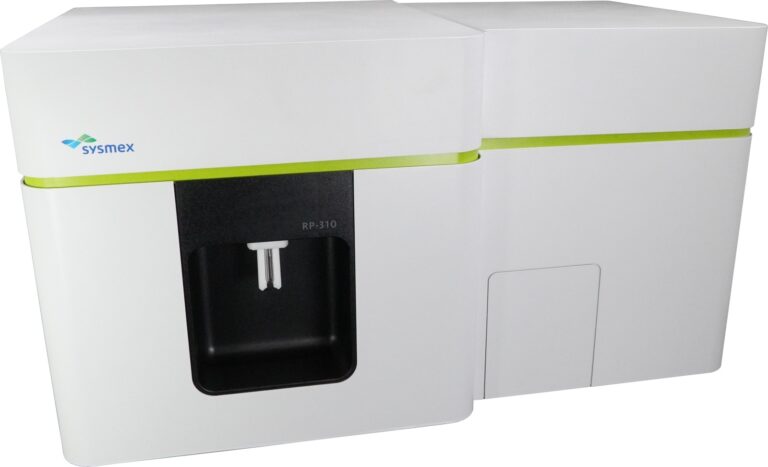Agriculture

Testing for ploidy levels in plants and seeds is a foundational tool in modern plant sciences, enabling the development of improved plant varieties, ensuring the consistency and quality of horticultural products, aiding in conservation efforts, and contributing to the sustainable intensification of agriculture.
Sustainable and profitable food production requires progressive breeding strategies and impeccable quality control procedures to ensure high-quality products.
Sysmex offers a complete and purpose-built solutions for agricultural customers.
Breeding and Genetic Improvement
Understanding the ploidy level is essential for plant breeders aiming to develop new varieties with desirable traits. Polyploid plants (those with more than two sets of chromosomes) often exhibit enhanced traits such as increased size, better nutritional content, improved color, greater resistance to diseases and pests, and increased hardiness.
Seed Quality and Viability
For seed producers, testing ploidy levels can be an important quality control measure. Seeds with the desired ploidy level will likely grow into plants that exhibit the expected characteristics, such as specific growth habits, flower colors, or fruit sizes.
Hybrid Vigor
Polyploidy can contribute to hybrid vigor, where the offspring show superior qualities or increased fitness compared to their parents. This is particularly valuable in agriculture and horticulture to produce plants that have higher yields, better resilience, and improved quality.
Crop Improvement
In crops, polyploid varieties often have advantages such as larger fruit or grain size, increased biomass, or enhanced secondary metabolite production (which is important for plants used in pharmaceuticals or as dietary supplements).

